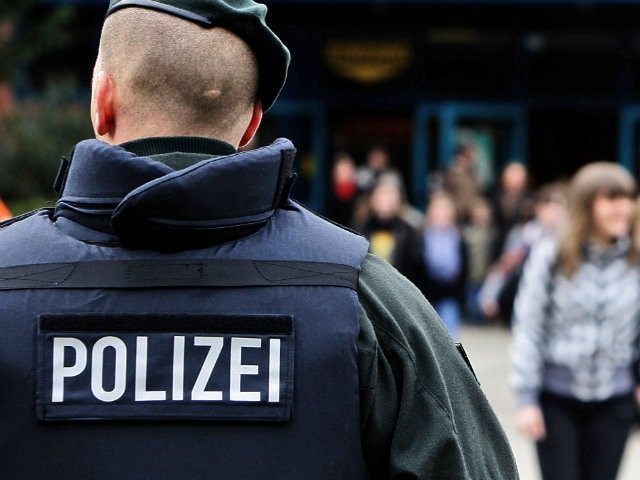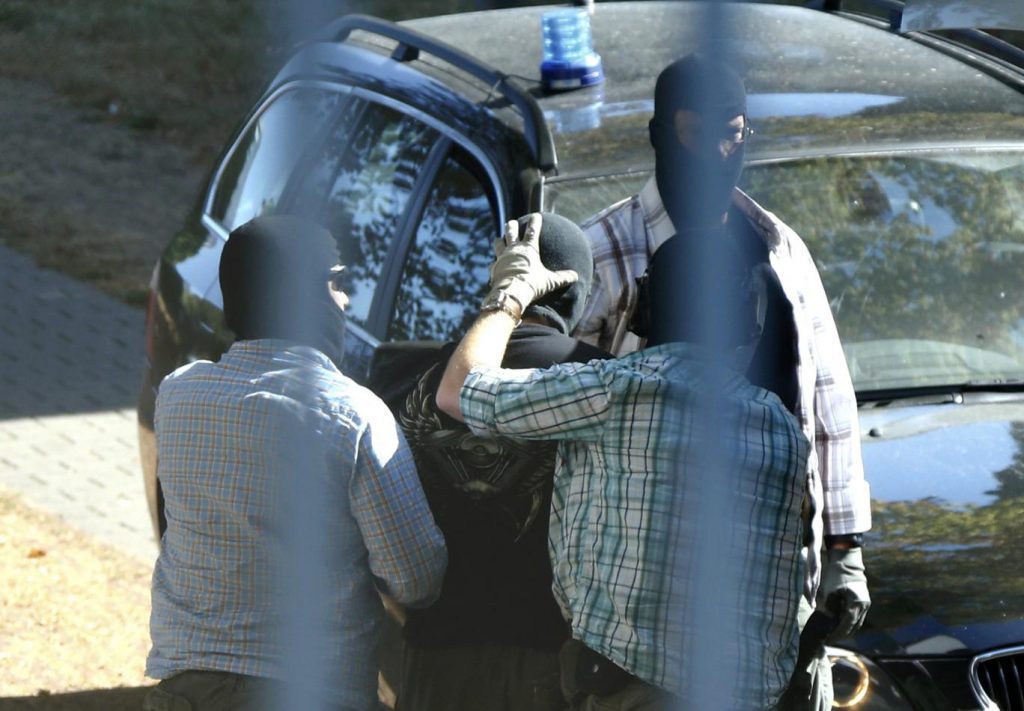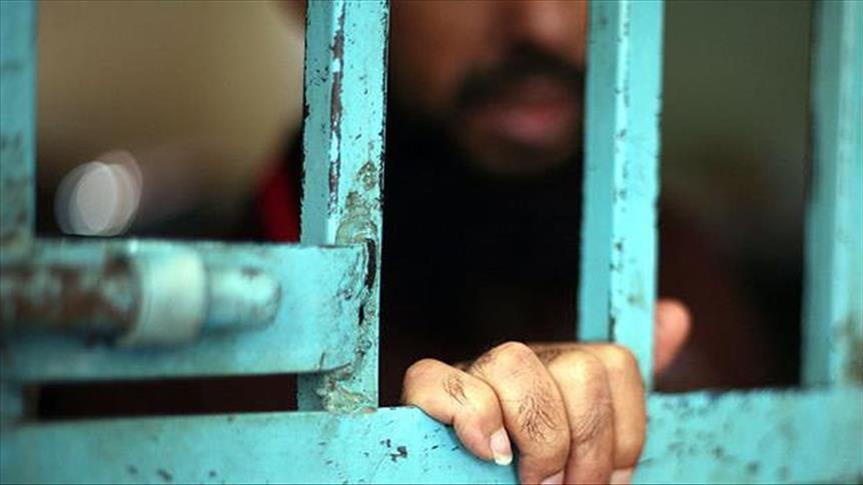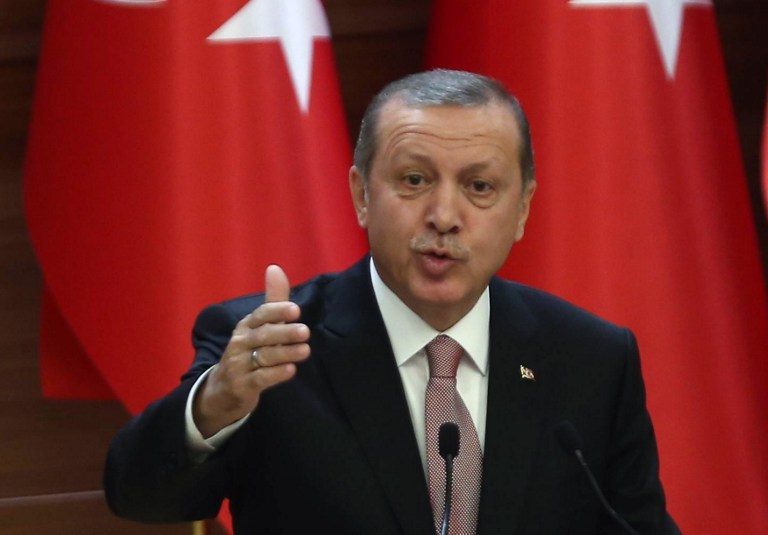
Three young Syrian men arrested in Germany on Tuesday were Islamic State members brought into the country by the same network that smuggled militants into France to carry out deadly attacks last November, the German government said.
Federal prosecutors said police special forces arrested the three in the northern state of Schleswig-Holstein on suspicion of being sent by Islamic State “either to carry out a mission that they had been informed about or to wait for further instructions” for an attack.
Interior Minister Thomas de Maiziere said they arrived in late 2015, probably with the help of the same network that funneled IS militants into Paris to carry out shootings and bombings that killed 130 people on Nov. 13 last year.
“Everything points to the fact that the same smuggler organization behind the Paris attacks also brought the three men to Germany who were arrested,” de Maiziere told a news conference. “Indications are that their travel documents all came from the same workshop in that region.”
European governments are on high security alert after a series of militant strikes in France, Belgium and Germany, where three attacks this summer were carried out by asylum-seekers and two were claimed by Islamic State.
Around a million migrants arrived in Germany last year, and concern about their presence has grown since the attacks, raising pressure on Chancellor Angela Merkel to cap arrivals at 200,000 refugees per year, as her Bavarian allies are demanding. She refuses to set such a limit.
More than 200 police were involved in the operation to arrest the three men, aged 17 to 26. ARD television said they were held after raids at refugee housing in towns north of Hamburg. German authorities searched the flats of the three suspects but did not reveal what they might have found.

ISIS uses refugee route as a blend
De Maiziere noted that two of the Paris attackers last year had registered as refugees. “That suggests that IS was determined to send these kinds of people to blend in with refugees in order to cause uncertainty in Europe and Germany.”
He added: “The French connection … is what makes this case so special. We have to find out if these are individual links or if there is a larger network. It shows IS is not only targeting France or Germany or Italy or Belgium or Britain – but the entire West.”
Federal prosecutors said one suspect, Mahir Al-H., joined Islamic State in September 2015. He received weapons and explosives training in Raqqa, the militant group’s de facto capital in Syria.
In October, he and the two other suspects, Mohamed A. and Ibrahim M., signed up with an Islamic State official responsible for operations and attacks outside Islamic State territory and traveled to Europe, the prosecutors said.
Islamic State allegedly provide them with passports, more than $1,000 in cash and cell phones with a special communications program. The suspects traveled through Turkey and Greece before arriving in Germany in mid-November 2015, at the height of the migrant crisis.
More than a million refugees and asylum seekers arrived in Germany last year, when Chancellor Angela Merkel opened the border to all Syrians fleeing the country’s civil war.
Germany has been targeted in a spate of recent attacks, including three carried out by asylum seekers, of which two were claimed by Isis.
Several terror suspects posing as Syrian refugees have been arrested in German counter-terror operations so far this year, although no convictions have been announced.
Harry Sarfo, a former Isis recruit, told The Independent he was approached by commanders looking for militants to carry out attacks in the UK and Germany while living in Raqqa last year.
He said he declined and later fled the group, but there are fears it has continued to exploit the refugee route to send back trained jihadists.
Europol estimates that up to 5,000 Europeans may have undergone training at terror camps abroad and the agency’s director has warned the continent faces its “biggest terror threat in more than a decade” from returning fighters.
Germany’s Federal Criminal Police Office has received 400 tip-offs over migrants alleged to have extremist links but found only 60 with sufficient evidence to begin investigations



